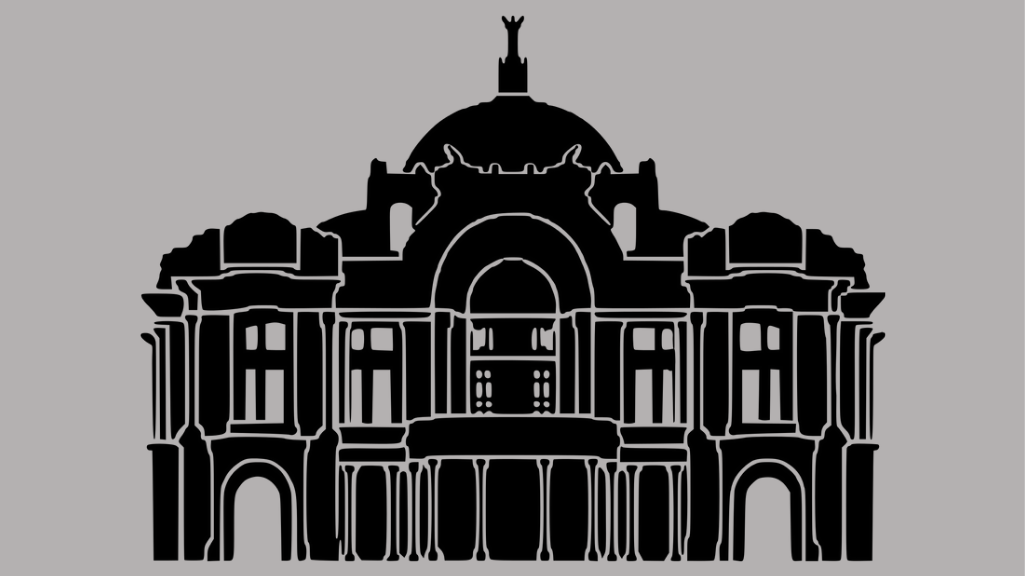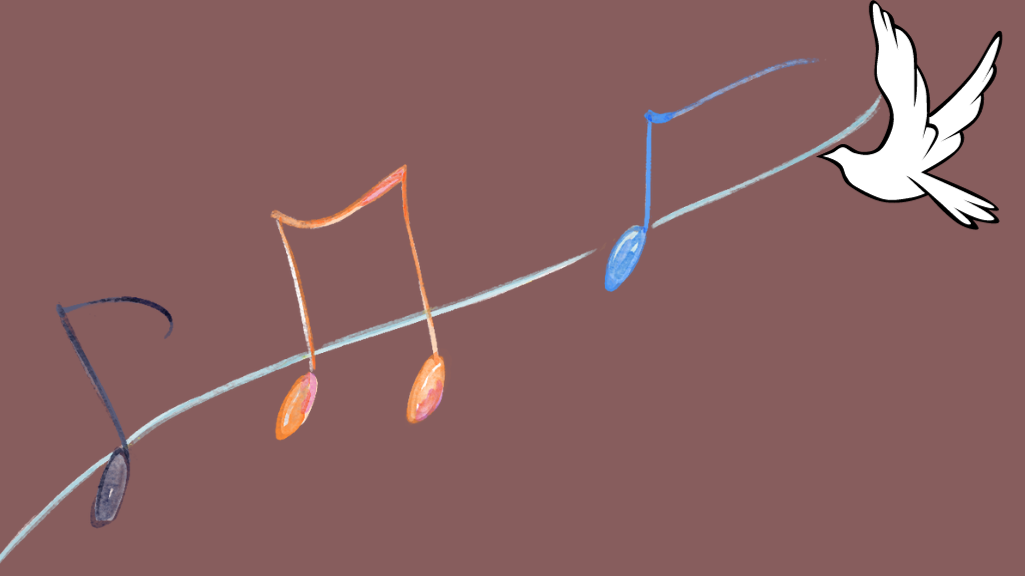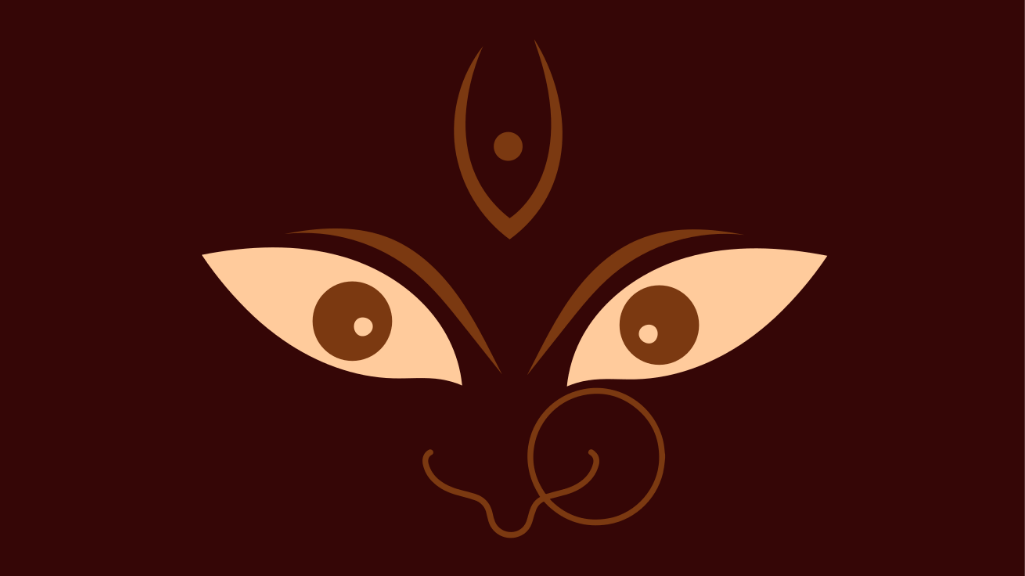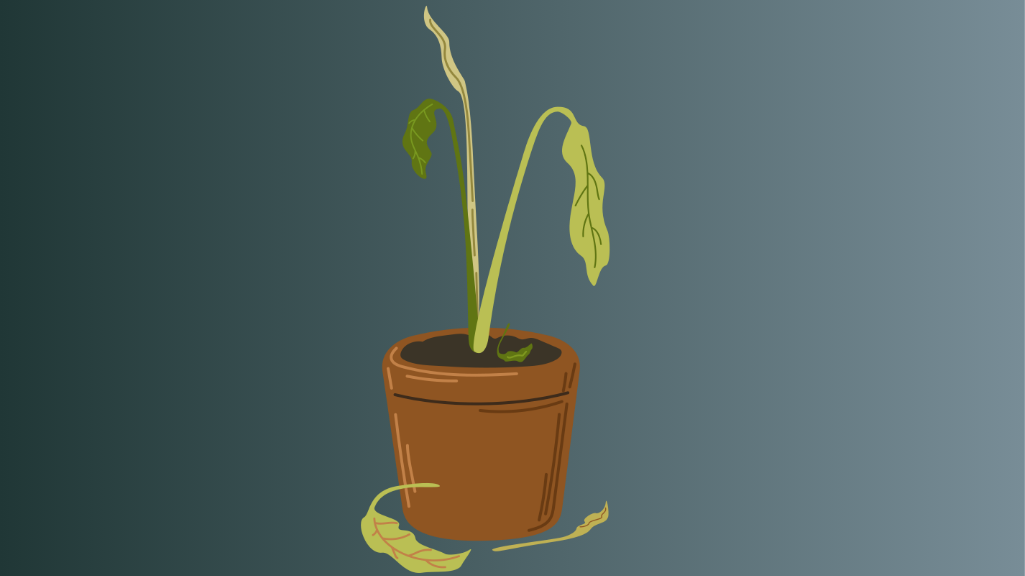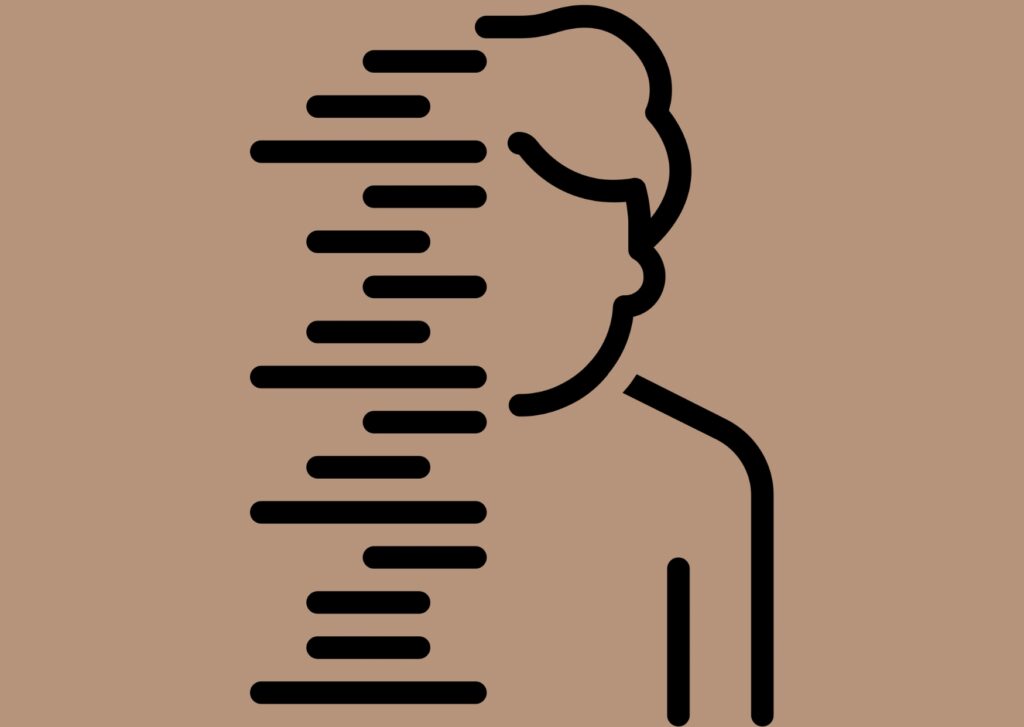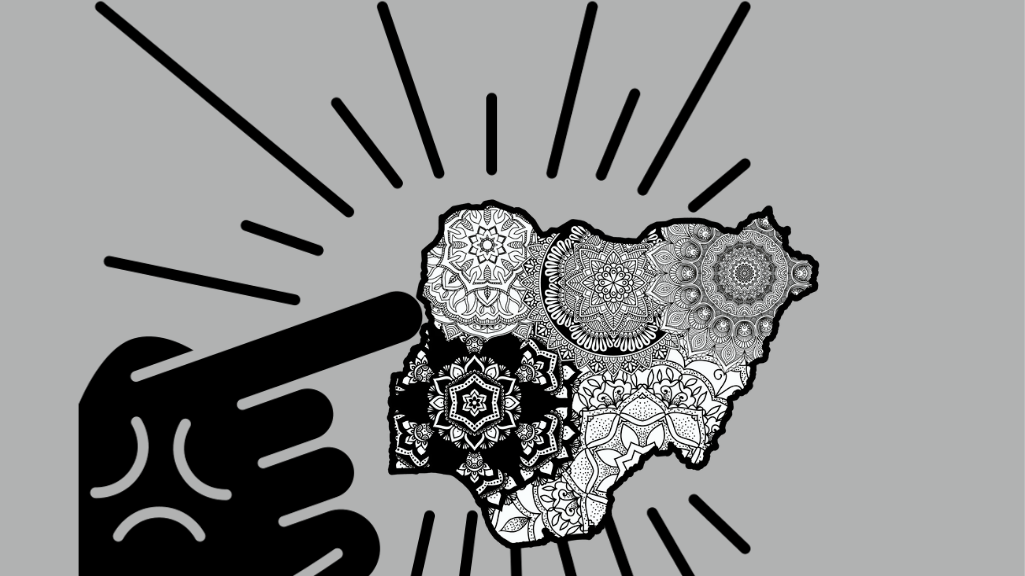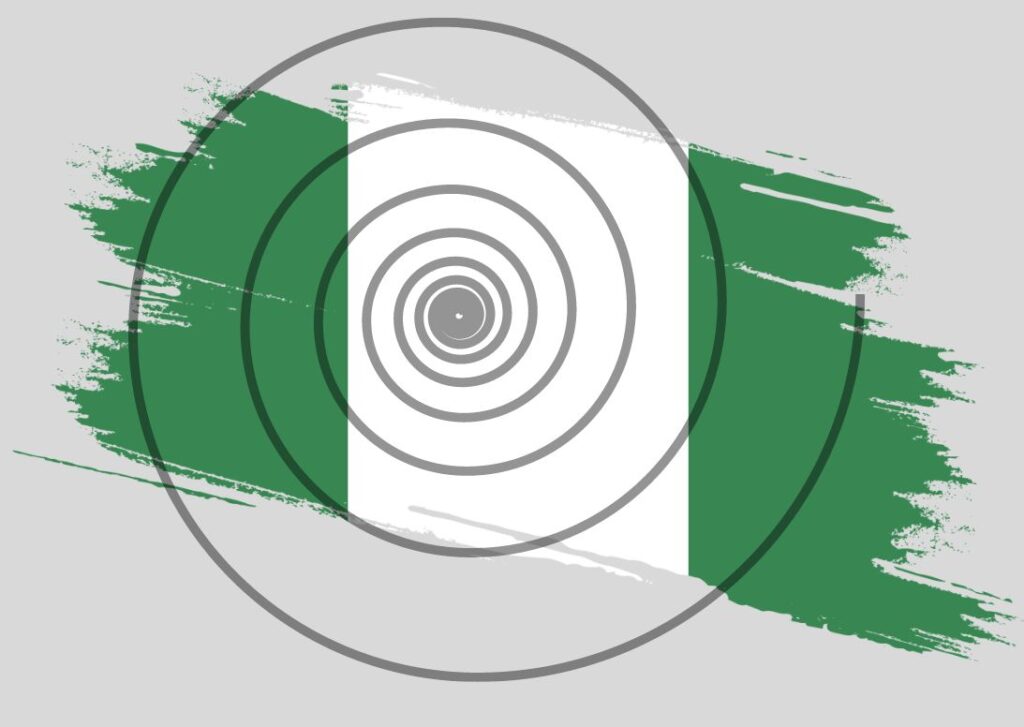Who Is Buchi’s Father by Becky Peleowo
Ndidi leaned on the steel parapet railing of the Third Mainland Bridge. The chilly breeze that waved across her made her feel lightweight. Suddenly she felt a compelling force beckon her to the vast water below. She did not drive to the bridge but had walked from her home to this renowned spot on the Island, where many lost souls have given up their minds and bodies to the open arms of the Lagoon. “ Madam, are you okay?” a well-meaning pedestrian stopped to ask. The muscular, towering man looked like one who was ready to bundle any insane pedestrian away. There had been a series of suicides and suicide attempts on that bridge so, people were on the lookout for any depressed individual choosing to jump into the Lagoon as a suicidal option. Ndidi nodded slowly in response and the man reluctantly walked away. The man had not seen her bloodshot eyes that had reddened from too many tears. Looking to the left, then to the right to make sure that there was no one close by, she placed her left leg on the first line of the railing, and almost immediately, the tyres of an SUV came screeching close by. A woman in a hijab jumped out of the car and yanked her off the railing. “What are you doing, Madam?” “I don’t know… I don’t know…just let me die. “ Ndidi wailed. The woman held onto Ndidi. Some other people had joined them. One plantain chips hawker brought out his phone to make a video recording. The woman in a hijab who seemed experienced with cases like this, consoled Ndidi. The onlookers were already making conjectures as to the possible reason for her suicide attempt. “Na so one man jump de oda day.” A woman from a public bus whispered to another passenger in pidgin. “Ehn, I heard about it too. They said he owed someone a million naira and he couldn’t pay back.” “Chai! Na wa o! That was how one man jumped in last week when the girl he had sent to school with his hard-earned money refused to marry him.” The woman from the public bus seems to have read too many suicidal stories. The woman in a hijab kept rocking Ndidi in her arms as she sat on the floor of the bridge close to the railing and some kind passers-by joined in encouraging the depressed woman. “Aunty, who is Buchi’s father?” Ndidi asked trying to speak for the first time since she was rescued. “I don’t know who is Buchi’s father. I know I slept with Donald but he isn’t Buchi’s father. Uzor thinks I’m lying. He thinks Donald is Buchi’s father. The DNA test said Uzor is not Buchi’s father and I’m sure Donald is not Buchi’s father but no one believes me. Everyone says I’m a prostitute. Aunty, I am not a prostitute.” The woman in a hijab assisted Ndidi to stand so she could take her in her SUV to a safe place. Some onlookers started protesting about who she might be. “I am an officer of the Rapid Response Squad here in Lagos. I was going to have lunch when I noticed that she was about to jump. She will be fine with us.” The doubts of fear erased, she sped off ensuring that she used the child lock so that the poor woman would not attempt to jump off her car. Ndidi cared less. Her shoulders were drooped, her head was bowed in dejection and her once beautiful face and lips were swollen from excessive crying. Her feet were bare and some of her long nails were broken. Mucus dripped constantly from her nose. It’s been two days since Ndidi’s suicidal attempt. Looking through the window, she wondered what day it was. The sun seeped in as she opened the curtains and she shielded her eyes from its rays. The bed she was lying on was very comfortable but she did not feel comfortable. Her head ached badly as she tried to recall where she was and what she was doing there. The events that happened in the past few days all kept coming back to her. She could see the images on the immaculate walls of the Psychiatric Intensive Care Unit they admitted her to. All the events were like passing images projected on the walls. On the wall was the image of Uzor asking her to be his wife. Another image showed how they got married traditionally and in the church. Yet another one showed the day she stormed into the hotel room where Uzor was having a nice time with his ex. It was the same month they had married. Ndidi and Uzor had the same AS genotype and had decided they would conceive through In-Vitro fertilisation to help them choose a child who had the AA genotype. Ndidi saw the image of how the elders in the family begged her not to leave Uzor and to return from her mother’s house to his home. Another image showed how she had cried in the arms of Donald, her childhood friend, and how he had sweetly made love to her. Donald had liked her a lot but it was Uzor who sponsored her university education. She knew that picture was out of place because she was still married to Uzor when this event happened. Her kinsmen had said she should not have slept with another man even when she was separated from Uzor. They said she should have forgiven him and returned to his house. Ndidi could not but think of Nneoma Wokemba’s “Our husbands died, but not our libidos.” She was not a widow but society often justifies a man’s adultery over that of a woman. Women do have libidos and they can become weak too. But she forgave him. That was why she had cut ties with Donald and returned to their home. She had even told Uzor about the incident




